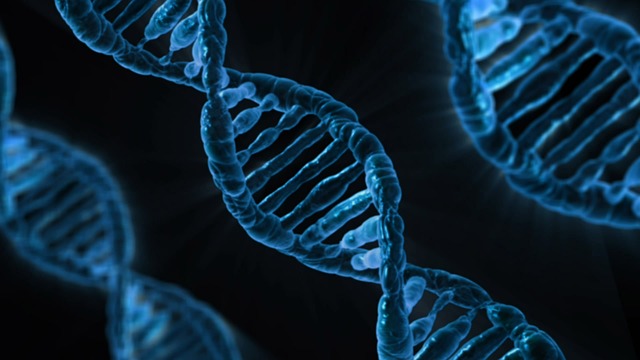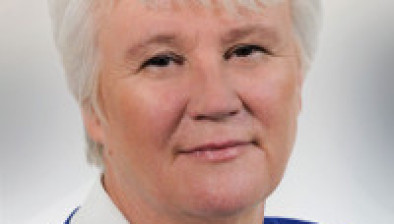Rising success rate for DNA database in matching ‘unknown crime stains’

Forensic Science Ireland (FSI) has reported a significant increase in the success rate of matching “unknown crime stains” from crime scenes to samples on the national DNA database.
Currently, around 50 per cent of these stains now yield a match. Dr Geraldine O’Donnell, the head of DNA at FSI, highlighted the growing effectiveness of the database, which now includes about 70,000 individuals’ samples, The Irish Times reports.
In 2022 alone, DNA samples from crime scenes led to matches in 705 cases across various categories, including burglary, robbery, car theft, assault, and sexual assault.
The database, operational since 2015, has been instrumental in criminal investigations and identifying missing persons.
A significant expansion of FSI’s capabilities is underway with the official opening of new laboratories at the Backweston Laboratory Campus in Co Kildare.
The facility will house the national DNA database and various other forms of scientific support for the criminal justice system, such as blood and semen analysis, fingerprint identification, and more.
Visitors to the new laboratory had to provide DNA samples to prevent contamination of future crime scene evidence. The state-of-the-art facility is designed to minimise contamination risks and has specialised search rooms and controlled environments.
FSI’s work also extends beyond DNA analysis. The laboratory also conducts detailed physical analysis of items from crime scenes, including fingerprints and handwriting. Prioritising urgent cases, FSI can process serious cases within a few hours to a day.
The chemical analysis division, led by Dr Yvonne Kavanagh, examines thousands of drug samples annually. FSI plays a key role in monitoring dangerous drug substances across Europe.
“There is definitely more cocaine around than there used to be,” Dr Kavanagh said. The drugs market is “evolving”, particularly with respect to synthetic THC, which is the psychoactive part of cannabis.









